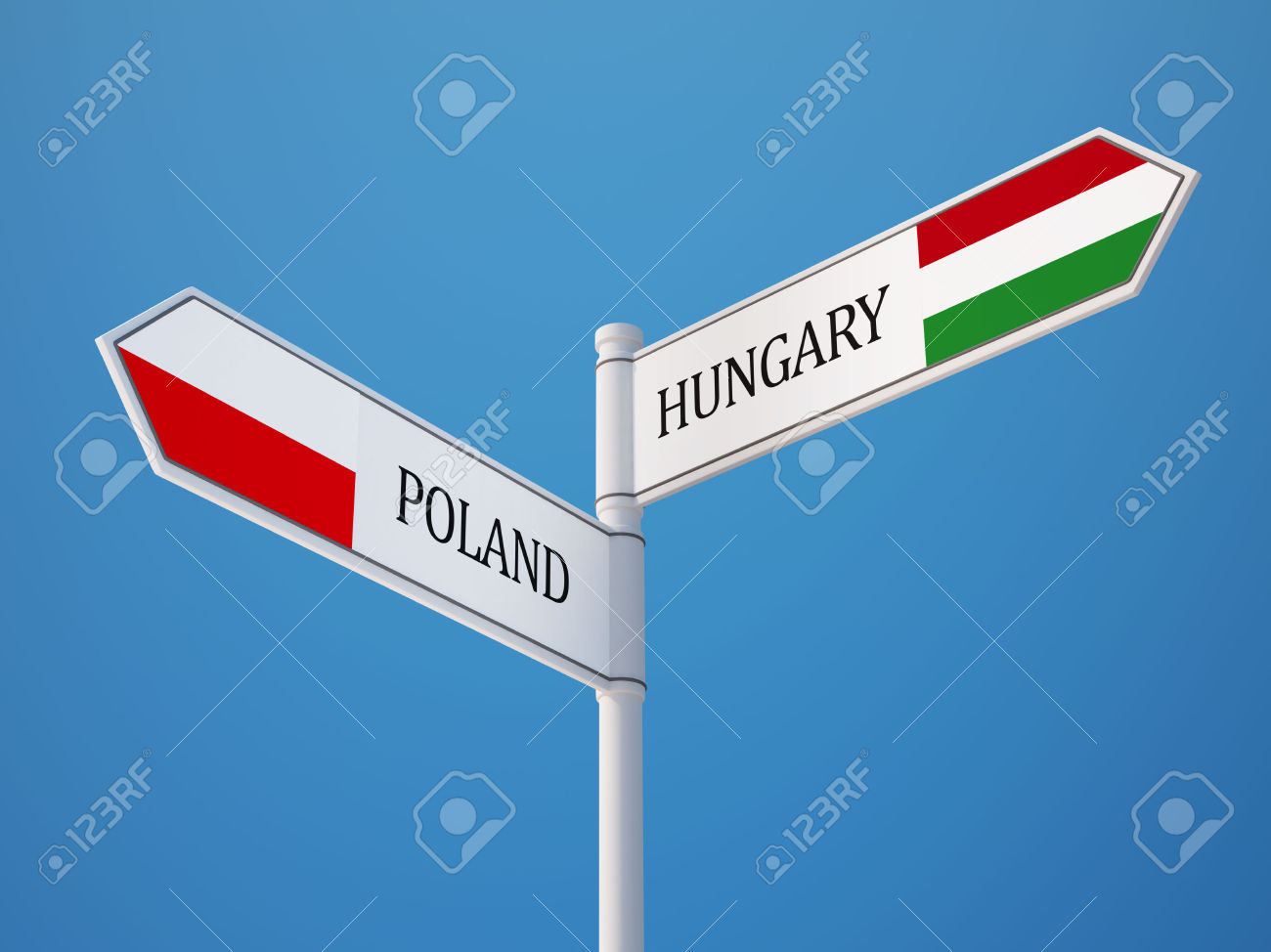
France and Germany, along with a host of up to 21 other countries, are set to demand Hungary and Poland either accept migrants under the quota system or leave the European Union (EU).
The two nations have ignored Brussels’ insistence that they take migrants presently residing in great numbers in Italy and Greece. Public opinion in Hungary and Poland is also strongly against being forced to accept thousands of migrants from non-European cultures.
Poland’s conservative Law and Justice Party (Prawo i Sprawiedliwość – PiS) swept to victory in 2015, partly due to voter anger over the previous government agreeing to take migrants under the quota system.
In Hungary, Prime Minister Viktor Orbán has been a vocal opponent of the scheme from its conception, asserting that forcing member countries to take a compulsory quota of migrants is unlawful and will “spread terrorism around Europe”.
Later this year, the two countries will be given an ultimatum and have to decide whether they are willing to maintain an anti-mass migration stances if it puts their membership of the EU at threat, a senior diplomatic source from one of the bloc’s six founding member states told The Times.
The source said: “They will have to make a choice: are they in the European system or not? You cannot blackmail the EU, unity has a price.”
The European Court of Justice (ECJ) is expected to hold a hearing on the legality of migrant quotas in the coming weeks, with a judgement — widely expected to be in favour of the scheme — likely by the end of the year.
“We are confident that the ECJ will confirm validation,” the source said. “Then they must abide by the decision. If they don’t then they will face consequences, both financial and political. No more opt-outs. There is no more ‘one foot in and one foot out’. We are going to be very tough on this.”
Hungary challenged the court, insisting that it is culturally and constitutionally unreasonable to impose asylum seekers on unwilling member states.
In December, referring to policies of importing large numbers of people from the third world, Orbán stated that Hungary and other countries in Central Europe “have had the opportunity to learn from Western Europe’s mistakes”.
“Hungary is a stable island in the turbulent western world because the people were consulted on their opinions here, and we defended the country against illegal immigration.”
In 2015, when European Commission Vice-President Frans Timmermans demanded Eastern and Central EU nations undergo similar demographic transitions as in Western Europe, Hungary was singled out for special mention.
“Any society, anywhere in the world, will be diverse in the future — that’s the future of the world,” Timmermans said. “So [Central European countries] will have to get used to that. They need political leaders who have the courage to explain that to their population instead of playing into the fears as I’ve seen Mr Orbán doing in the last couple of months.”
Breitbart London reported that the European Union is to open asylum processing centres in west Africa and countries on the southern shore of the Mediterranean because the continent “needs six million migrants”, the European Commissioner for Migration Dimitris Avramopoulos said last month.